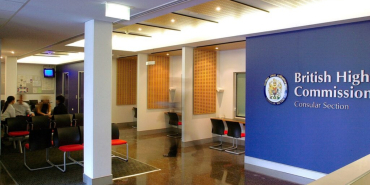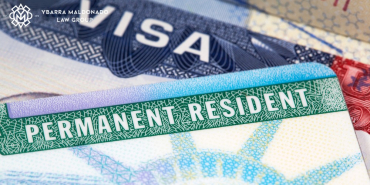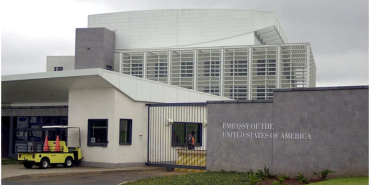Australia Removes Student Enrollment Limits, Sets Visa Priority Measure

The Australian Government has unveiled a new system for prioritizing offshore student visa applications.
This aims to ensure more equitable access across various educational institutions. This reform comes in response to the withdrawal of a controversial proposed bill that sought to impose caps on international student enrollments, which encountered substantial opposition.
Under the revised framework, visa applications will be processed up to 80% of the indicative caps set by the Provider Registration and International Student Management System (PRISMS). Applications that exceed this threshold will be deprioritized to favour institutions that have not reached their limits. It is important to note that this rule applies exclusively to offshore student visa applications from individuals currently outside Australia.
The Australian Parliament has chosen not to advance the Education Services for Overseas Students (ESOS) amendment bill, which intended to place restrictions on international student numbers. As a result, the enforcement of student caps will not take effect under the new system. The prioritization system introduces a two-tier model for evaluating offshore student visa submissions. Applications are categorized into two distinct priority groups.
Priority 1 includes applications from institutions that are below the 80% threshold of their 2025 New Overseas Student Commencements (NOSC) allocation—this category encompasses various students, including those from schools, short-term exchange programs, Technical and Further Education (TAFE) providers, aviation pilot training courses, postgraduate research candidates, and Commonwealth-sponsored students.
Conversely, applications from institutions that have already exceeded the 80% cap will fall into Priority 2 and will be processed with reduced prioritization until other institutions align with the cap. Applicants are strongly encouraged to submit their visa applications promptly, ensuring that all necessary documentation is included at the time of submission. Incomplete applications may lead to processing delays or rejections.
This new prioritization system is anticipated to enhance fairness in processing offshore student visa applications thus mitigating the risk of any single institution dominating visa allocations. The removal of student caps is expected to provide increased flexibility for both the higher education and vocational training sectors. To support transparency, the Department of Employment and Workplace Relations has made indicative allocations for higher education and vocational training providers available on its official website.














Add new comment